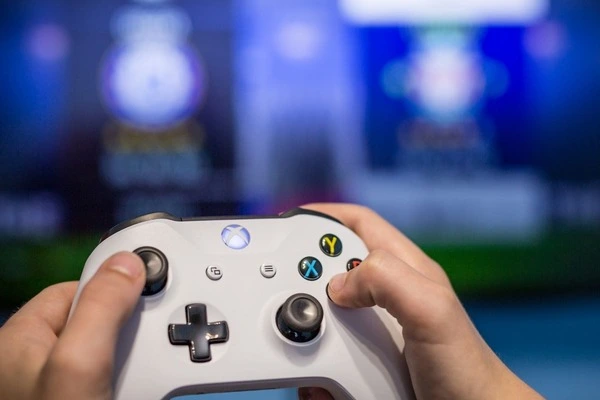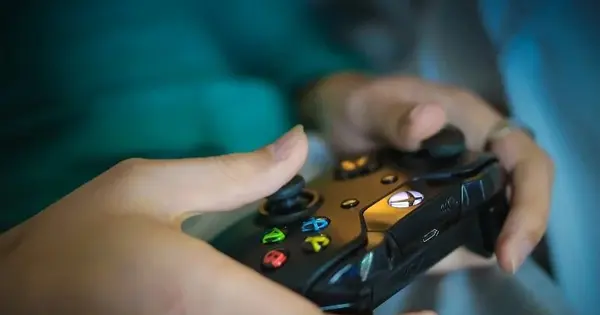As video games become more sophisticated, an increasing number of employers are taking into account the valuable skill set that video gaming brings to a business and how employee productivity and profitability can benefit from these skills.
It appears that playing action video games increases brain activity and decision-making abilities. College students who regularly play video games made faster and more accurate decisions than peers who rarely play video games in a study that combined brain imaging with a decision-making task.
According to a recent study by Georgia State University researchers, frequent video game players have superior sensorimotor decision-making skills and increased activity in key brain regions compared to non-players.
According to the study’s authors, who used functional magnetic resonance imaging (FMRI), video games could be a useful tool for training in perceptual decision-making.
The overwhelming majority of our youth play video games for more than three hours per week, but the beneficial effects on decision-making abilities and the brain are not exactly known.
Mukesh Dhamala
“The overwhelming majority of our youth play video games for more than three hours per week, but the beneficial effects on decision-making abilities and the brain are not exactly known,” said lead researcher Mukesh Dhamala, an associate professor in Georgia State’s Department of Physics and Astronomy and the university’s Neuroscience Institute.
“Our work provides some answers on that,” Dhamala said. “Video game playing can effectively be used for training — for example, decision-making efficiency training and therapeutic interventions — once the relevant brain networks are identified.”
Dhamala advised Tim Jordan, the paper’s lead author, who provided a personal example of how such research could inform the use of video games for brain training.
Jordan, who earned a Ph.D. in physics and astronomy from Georgia State in 2021, was born with poor vision in one eye. When he was about 5, he was asked to cover his good eye and play video games as part of a research study to strengthen his vision in the weak one. Jordan attributes video game training to his ability to progress from being legally blind in one eye to developing a strong capacity for visual processing, which allowed him to eventually play lacrosse and paintball. He is now a postdoctoral researcher at UCLA.

The Georgia State research project involved 47 college-age participants, with 28 categorized as regular video game players and 19 as non-players.
The participants lay inside a FMRI machine with a mirror that allowed them to see a cue followed by a display of moving dots. Participants were instructed to press a button in either their right or left hand to indicate the direction in which the dots moved, or to resist pressing either button if there was no directional movement.
The study discovered that video game players responded faster and more accurately. Analysis of the resulting brain scans revealed that the differences were associated with increased activity in specific areas of the brain.
“These results indicate that video game playing potentially enhances several of the subprocesses for sensation, perception, and mapping to action to improve decision-making skills,” the authors wrote. “These findings begin to illuminate how video game playing alters the brain in order to improve task performance and their potential implications for increasing task-specific activity.”
According to the study, there was no trade-off between response speed and accuracy; video game players performed better on both measures. “This lack of speed-accuracy trade-off would suggest video game playing as a good candidate for cognitive training in decision-making,” the authors wrote.
It’s also unclear how long it takes to train with video games to improve decision-making abilities. “It must be done in moderation, as with everything else. Playing too much, like anything else that affects our brains, especially the developing brains of children, can sometimes lead to addiction “Dhamala and Jordan state their case.














